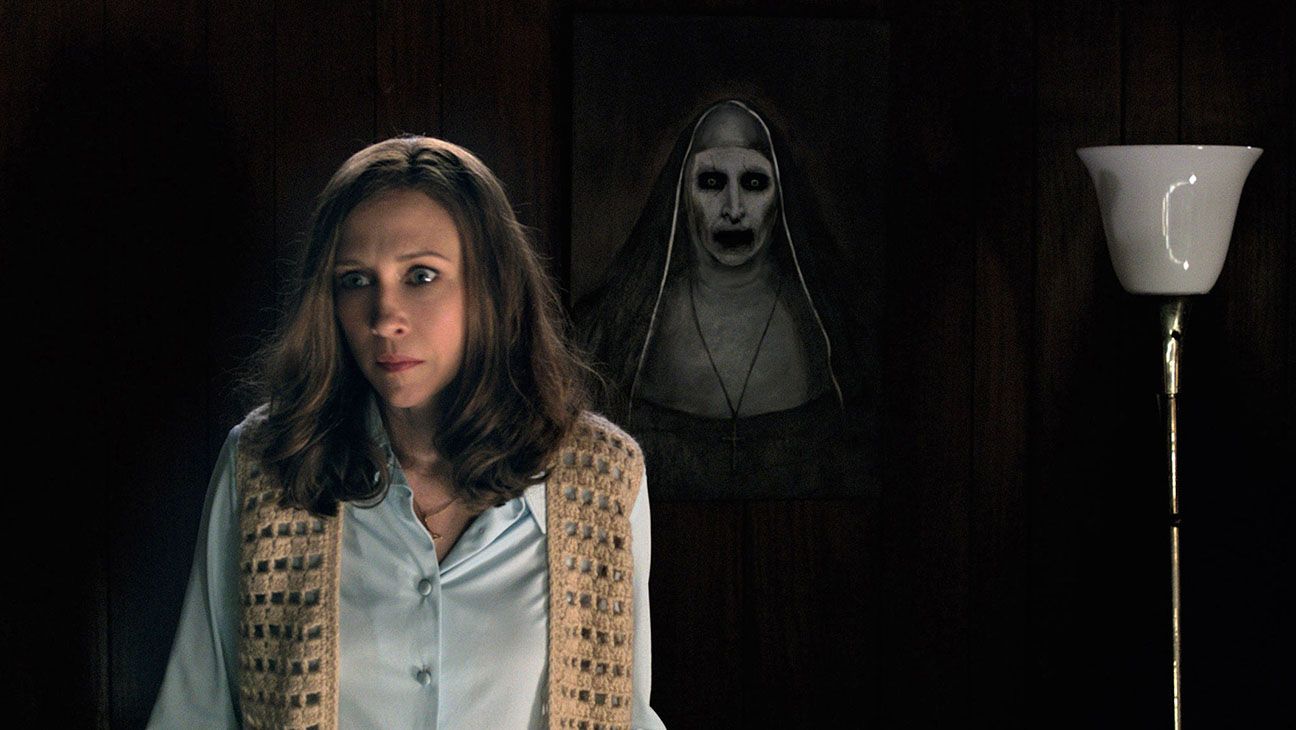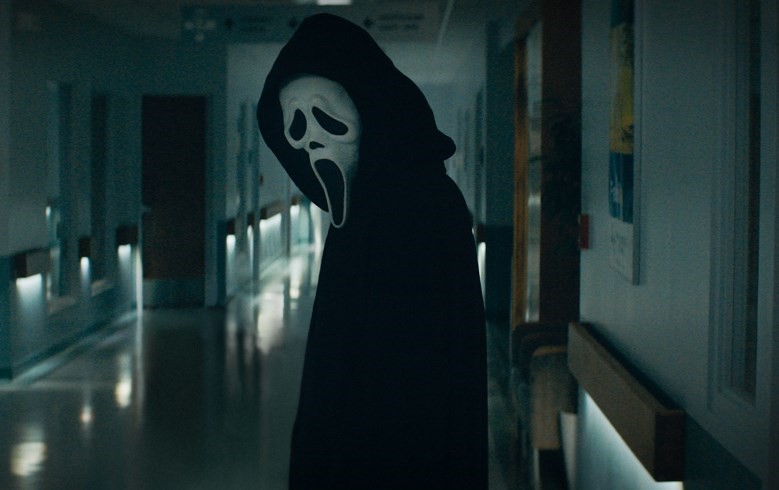Blog Post #5 - Horror Genre History

Early Days of Horror
The horror genre has a rich and varied history, with roots in folklore and religious traditions that date back to ancient civilizations. The horror genre as we know it today, however, can be traced back to the 18th and 19th centuries, with the publication of horror literature such as Mary Shelley's "Frankenstein" and Edgar Allan Poe's "The Tell-Tale Heart."

Early 20th Century Horror
In the 20th century, the horror genre continued to evolve and change, with the emergence of horror film as a popular medium for storytelling. The first horror film is often credited to be the 1922 German Expressionist film "Nosferatu," which was an unauthorized adaptation of Bram Stoker's "Dracula." This was followed by other classic horror films such as "The Phantom of the Opera," "The Hunchback of Notre Dame," and "The Mummy."

Late 20th Century Horror
The horror genre saw a resurgence in the 1970s with the release of several influential horror films, including "The Texas Chainsaw Massacre," "Halloween," and "The Exorcist." They were proven so successful that the movies have been made into a franchise, with multiple releases still ongoing today. These films helped to define the modern horror genre and influenced the development of many subsequent horror films.

21st Century Horror
In the 21st century, the horror genre has continued to evolve and change, with the emergence of new sub-genres such as torture horror and the use of new technology to tell horror stories. The horror genre has also seen a rise in the popularity of supernatural and paranormal horror, with the success of films and TV shows such as "The Conjuring" and "The Walking Dead."

Connection to My Project
Overall, the horror genre has a long and varied history, and it continues to evolve and change as it reflects the fears and concerns of each new generation. I plan to implement numerous techniques and strategies used by the authors from these movies and stories to help me develop a movie capable of provoking the audience.
Comments
Post a Comment